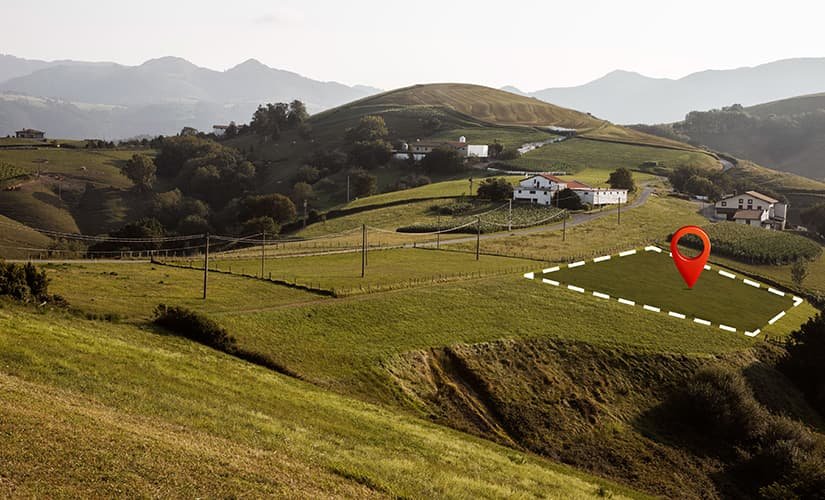
Be Aware with These while Buying a Revenue Plot
Revenue plot is just another term used to describe agricultural land. A plot made on agricultural land without conversion of land is a revenue plot. Usually, the price of a revenue plot is lower than an entirely constructed property. It is called DC conversion when you convert a revenue plot into a residential property. In Karnataka, it is a legal process to convert agricultural land into residential, industrial or commercial land. Here DC stands for District Commissioner authorizing the land for any other purpose besides agricultural usage. If a landowner fails to get DC conversion approvals and continues to convert it into a residential plot, he will be penalized for the same.
Things to Consider Before Buying a Revenue Plot
There are many things to consider before buying a revenue plot to avoid troubles which may arise in future. Take care of these factors before you purchase a revenue land.
Check the title deed
Go through the title of the deed carefully. Get to know who the real owner of that particular land is. The name mentioned in the khata might or might not be the real owner of that specific property. Many people get fooled by seeing the khata. Remember, the name in the khata specifies the person liable to pay land taxes. S/he need not be the real owner of that particular land.
Check for multiple stakeholders in the seller’s family
One person might sell the land to you, but after a couple of months or years, another person from the seller’s family might stake claims on the said property. So, question the seller thoroughly and get the requisite points clarified. Also, specify these points and the conditions in the document signed by you and the seller. Be aware of whom you are purchasing the land from. Is it from an individual or partners? If the land is sold for the second or third time, this aspect becomes all the more critical. Get clear clarification about this from the owner of the land.
Ensure no minors are involved
Even when you have received enough clarification on not having multiple stakeholders to lay claim on the land, be cautious and ensure no minors are involved who may stake claim later.
Is the GPA registered or stamped?
If a person is selling a property to you via GPA, check if the GPA is registered or stamped. GPA or the General Power of Attorney authorises a particular person to carry out legal action on behalf of the owner. So, if the GPA is not stamped, the chances of the property getting into legal tangles in the future are high.
Check if the property is situated on a green or yellow belt
Yellow belt areas are specified for residential purposes by the development authority. At the same time, a green belt is meant for agricultural use. So, ensure the property is not situated in the green belt.
Is the land eligible for DC conversion?
Land in the green belt, meant for agriculture, can be changed and used for residential purposes only after approval from the concerned DC. Else, buying a revenue site will only serve the purpose of investment. You cannot build a home there without DC conversion. Once the District Collector (DC) of that particular area assents for land conversion, it becomes a DC converted land.
Is the property under any ecological zone?
You will get into a lot of trouble if the property of your interest is situated in the buffer zone of any forest, lake body or SWD. With declining environmental conditions leading to a lot of chaos, governments off-late are becoming very strict. Any property within the limits of the buffer zones of a water body, a forest area, or a stormwater drain is often liable to run into many legal tangles. There are high chances of the government confiscating your property as well.

